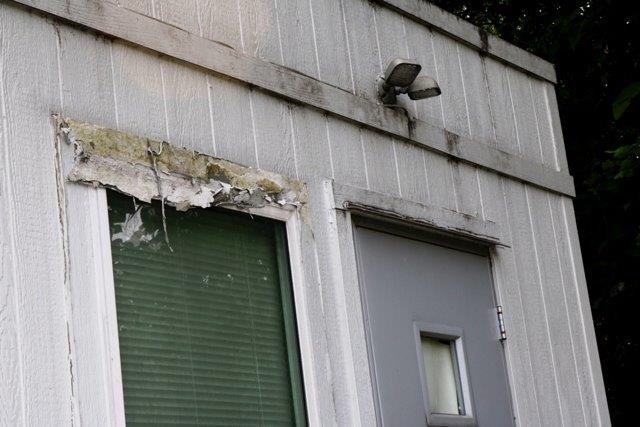
WALDEN: This District’s Educational and Environmental Injustice Should Sicken All Taxpayers
April 14, 2023
WRIGHT: Stop Blaming Covid for Student Gaps. Here Are Three Things to Do Instead
April 17, 2023A Few Thoughts on the Rutgers Strike and the $450K For DoorDash?
I admit it: I’m a total nerd. While I grew up fifteen minutes from what was then Shea Stadium in Queens, spent many a happy afternoon in the nosebleed section ($1.30 a ticket!), and could rattle off Mets stats with the best of them, I’ve lost interest in athletics except for cheering at my kids’ games. So, as the Rutgers University strike continues for the fifth day with news outlets reporting breathlessly on minor developments, I’m dumfounded that there’s little chatter about the amount of money spent on athletic perks, like the football coach’s $32 million eight-year contract which, along with a whole host of sports-related profligacy, has resulted in the athletic department’s $265 million deficit.
Update: The three striking unions have just announced a “tentative agreement” with the college that would guarantee job security for non-tenured full professors.
Another disclosure: during the tail end of the previous century I was an adjunct faculty member at a New York public university where I was underpaid and overworked. As colleges rely more and more on gig workers to actually teach students and with tenure-track positions as rare as rocking horse crap, I support pay equity.
Yet should the Murphy Administration, as the Governor hinted on WNYC, bail Rutgers out by forking over money from the State Treasury? I get that Gov. Murphy is betting that his fealty to public worker unions—and dependence on their largesse to his dark money PACs—will edge him closer to the White House. But what happens next year?
And how is that plan different than school districts using what amounts to a one-time gift from the federal government to hire lots of teachers? When the money runs out—for school districts in November 2024 with the much-dreaded fiscal cliff, for Rutgers, I guess next budget cycle—- there’s no way to cover inflated payrolls, except to go back to the wizened well of residential property taxes.
This scenario is unsustainable. Either the state needs to up its annual allocation to higher education—not just Rutgers, by the way, but all public colleges and universities—or Rutgers needs to rein in athletic costs, including how much football players can spend on DoorDash.
“We are responsible for being good stewards of the taxpayers’ dollars, and we know that there are other institutions that have significant financial problems, including significant debt. We do have to put it into the bigger perspective of: Is the solution truly to add more money?” Democratic state senator Andrew Zwicker said. “I don’t think it’s sustainable to say that the role of the state is to just come in and bail the schools out. That doesn’t make any sense.”
A few facts:
- Rutgers University football coach Greg Schiano is now the highest paid state employee in New Jersey’s history with a $32 million contract spread out over eight years. He also gets paid $5,000 annually for clothing, receives a $15,000 annual car stipend, and for gets a golf membership at a country club. Stephen Pikiell, another head coach, gets $3 million a year, three times as much as the University Chancellor. What’s up with that?
- According to an investigation by North Jersey Media, Rutgers’ insolvency is mainly due to the Administration’s desire for the football team to join the “Big Ten” conference. In response Rutgers started “loaning” money to the program. To finance that dream, “Rutgers had been reporting those loans as revenue — contrary to NCAA guidelines — artificially inflating the athletic department’s earnings and concealing the true budget deficit from the students, their parents and taxpayers who pay the bills.”
- And this, which doesn’t mention the $450,000 football players spent on DoorDash during a two-month period:
Even as Rutgers athletics continued to rack up annual operating deficits of $73 million — covered in part by taxpayers and student tuition revenue — athletics showed little restraint as it dropped millions on credit cards to pay for Broadway shows, trips to Disney, meals at destination Manhattan restaurants and other perks for its coaches, athletes and recruits, including a luau and beach yoga at sunset in Hawaii, a guided snorkeling tour in Puerto Rico, ax throwing in Texas, luxury hotels in Paris and London, and chilled lobster, seafood towers and Delmonico steaks back home in New Brunswick.
Your taxes at work!




